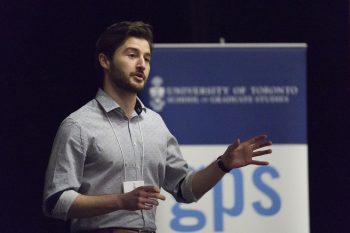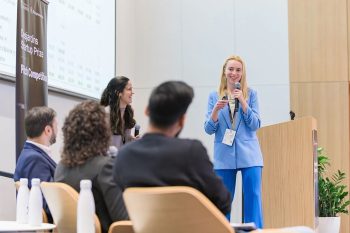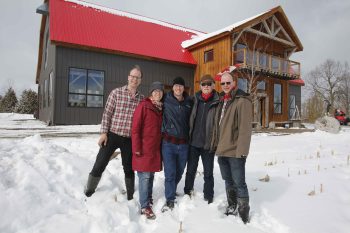When Professor Milos R. Popovic (MIE PhD 9T6) dreams of brilliant control systems, it’s not supercomputers or NASA mission control he’s thinking of, it’s the human brain.
“The brain is the most sophisticated control system anywhere in existence,” says the biomedical engineer and Toronto Rehab senior scientist.
Professor Popovic marvels, in particular, at the phenomenon known as ‘neuroplasticity’ the brain’s remarkable ability to adapt and perform new tasks, even after an injury. And he’s developed a way to make use of this ‘plasticity’ to help stroke and spinal cord injury survivors who have lost key functions, like the ability to grasp, reach or walk.
“With these injuries, the brain is damaged and some of its control mechanisms are gone,” he explains. “Motor or sensory commands cannot be relayed from the brain to the muscles, or from the muscles back to the brain. But the fact is that some of the neuronal cells can be retrained to do new tricks.”
At Toronto Rehab, Dr. Popovic holds the Toronto Rehabilitation Institute Chair in Spinal Cord Injury Research. At U of T Engineering, he is an Associate Professor at the Institute of Biomaterials & Biomedical Engineering (IBBME).
Read the full story in Hospital News



